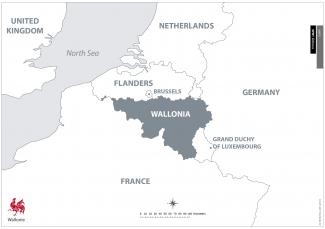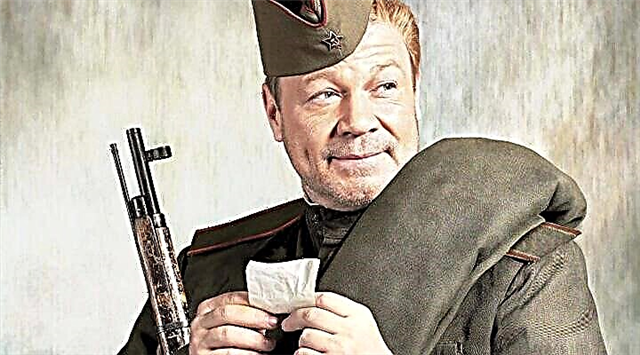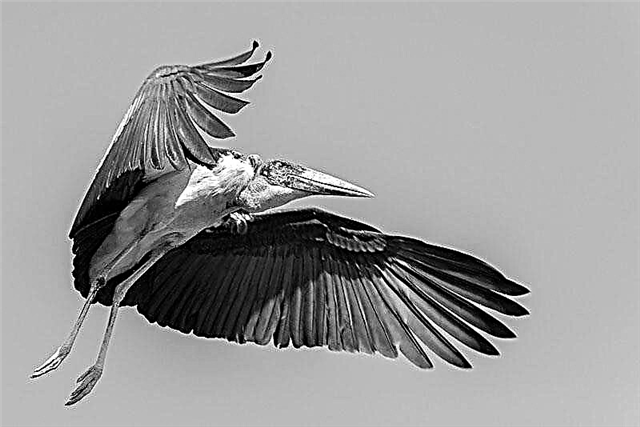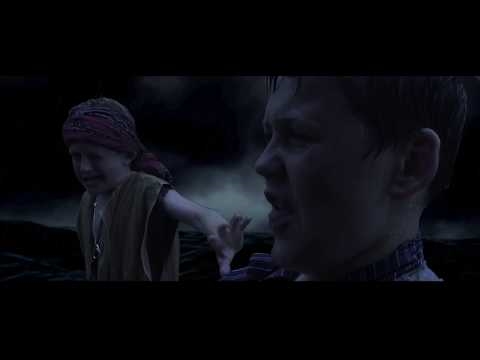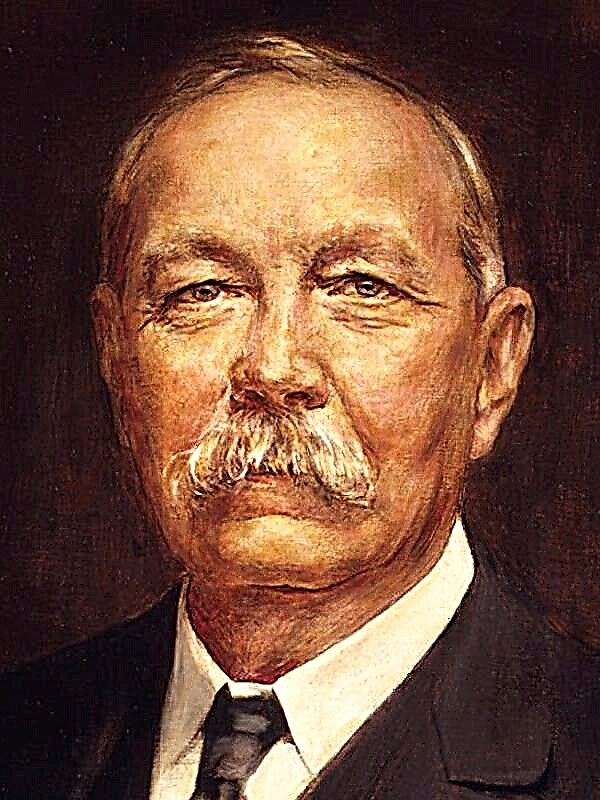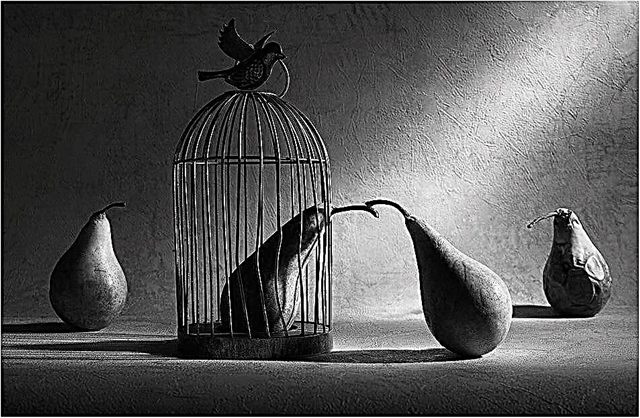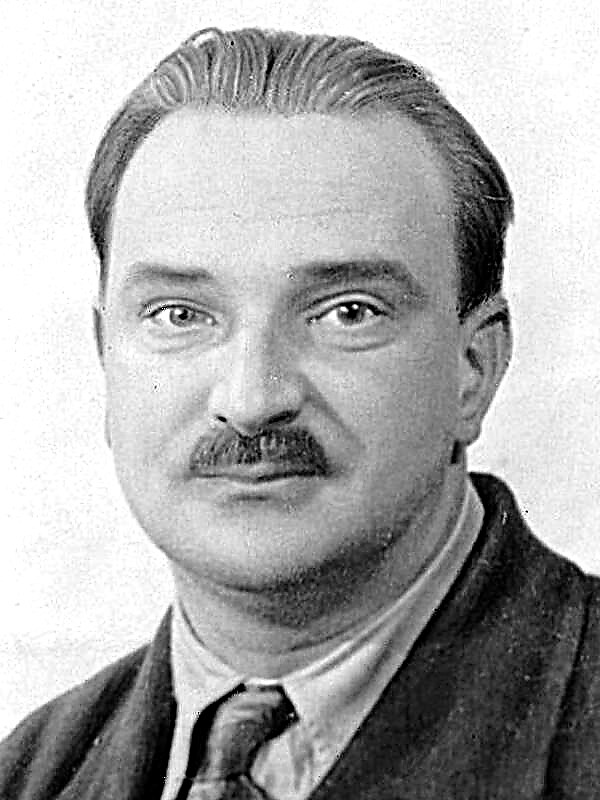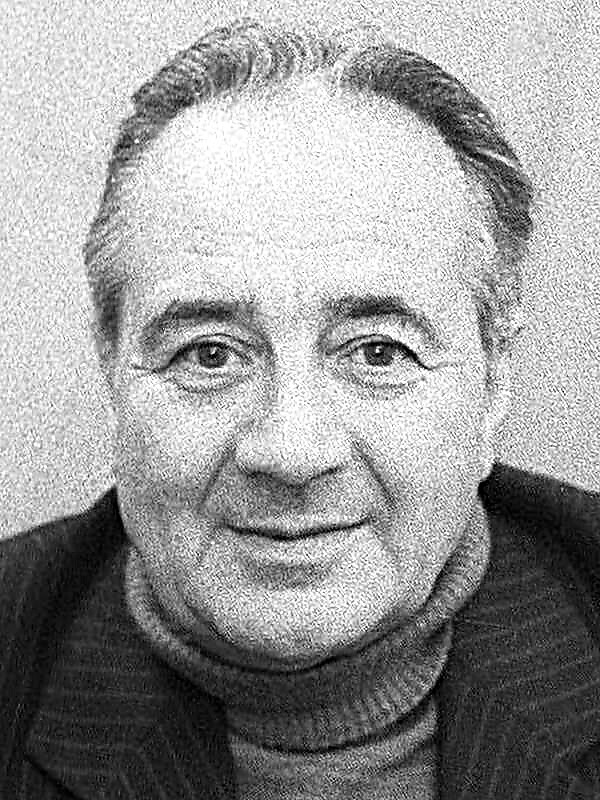The hero studies at a special school for demented children. But his illness is different from the condition in which most of his classmates are. Unlike them, he doesn’t hang cats on the fire escape, doesn’t behave stupidly and wildly, doesn’t spit in anyone’s face at long breaks and does not urinate in his pocket. The hero possesses, according to a literature teacher nicknamed Vodokachka, selective memory: he remembers only what impresses his imagination, and therefore lives as he wants, and not as others want from him. His ideas about reality and reality as such are constantly mixed, overflowing into each other.
The hero believes that his illness is hereditary, inherited from the late grandmother. She often lost her memory when she looked at something beautiful. The hero lives for a long time in the country with his parents, and the beauty of nature surrounds him constantly. The attending physician, Dr. Zauze, even advises him not to go out of town so as not to aggravate the disease, but the hero cannot live without beauty.
The most severe manifestation of his illness is a split personality, a constant dialogue with "another self." He feels the relativity of time, cannot decompose life into “yesterday”, “today”, “tomorrow” - just like he cannot decompose life into elements, destroy it by analyzing it. Sometimes he feels his complete dissolution in the environment, and Dr. Zauze explains that this is also a manifestation of his illness.
The director of the special school, Perillo, introduces a humiliating “slipper system”: each student must bring slippers in a bag, which must be indicated in large letters that he is studying at a school for the demented. And the beloved teacher of the hero, the geographer Pavel Petrovich Norwegov, most often walks without shoes at all - in any case, in the country house, where he lives near the hero. Norgova fetters solid, familiar clothes for normal people. When he stands barefoot on the platform of the train, it seems that he soars above the chipped planks and spits of various virtues.
The hero wants to become as honest as the Norwegians - "Paul, he is Saul." Norwegians calls him a young friend, student and comrade, talks about the Sending Wind and laughs at the book of some Soviet classic, which was given to the hero by his father-prosecutor. Instead, this Norwegian gives him another book, and the hero immediately remembers the words from it: "And we are pleased - for the sake of Christ, for our light, to suffer." Norwegian says that in everything: whether in the bitter treasures of folk wisdom, whether in sweet utterings and speeches, in the dust of outcasts and in fear of those close, in wandering sums and in Jewish sums, in war and peace, in the haze and in ant, in shame and suffering, in darkness and light, in hatred and pity, in life and beyond - in all this there is something, maybe a little, but there is. The father-prosecutor is infuriated by this stupid nonsense.
The hero is in love with a thirty-year-old botany teacher Vetu Akatova. Her father, academician Akatov, was once arrested for alien ideas in biology, then released after long bullying, and now also lives in a suburban area. The hero dreams of how to finish school, quickly learn how to engineer and marry Veta, and at the same time he realizes the impracticability of these dreams. Veta, like a woman in general, remains a mystery to him. From Norwegian, he knows that relations with a woman are something completely different than the cynical inscriptions in the school toilet say about them.
The director, instigated by the head teacher Sheina Trachtenberg-Tinbergen, dismisses Norway from work for sedition. The hero is trying to protest, but Perillo threatens to send him to a hospital. During his last lesson, while saying goodbye to his students, Norwegian says that he is not afraid of dismissal, but it is painfully painful to part with them, girls and boys of a grandiose era of engineering and literary endeavors, with The One Who Came and Will leave, taking with them a great right judge without being tried. Instead of a will, he tells them the story of the Carpenter in the desert. This carpenter really wanted to work - to build a house, a boat, a carousel or a swing. But in the desert there were no nails or boards. Once people came to the desert who promised the carpenter both nails and boards, if he would help them drive nails into the hands of a crucified on the cross. The carpenter hesitated for a long time, but nevertheless agreed, because he really wanted to get everything he needed for his favorite job, so as not to die from idleness. Having received the promise, the carpenter worked hard and enjoyed it. A crucified, dying man once called him and said that he himself was a carpenter, and also agreed to drive a few nails into the hands of the crucified ... "Have you still not understood that there is no difference between us, that you and I are one and the same person, didn’t you understand that on the cross that you created in the name of your high carpentry skill, they crucified you and when you were crucified, you yourself hammered nails. ”
Norwegians soon die. They put him in a coffin in uncomfortable, solid clothes, which he bought in a clutch.
The hero graduates from school and is forced to plunge into life, where crowds of smart people are eager for power, women, cars, engineering diplomas. He says that he sharpened pencils at the prosecutor’s office with his father, then he was a janitor at the Ministry of Alarms, then a student in the workshop of Leonardo in the moat of the Milan fortress. Once Leonardo asked what the face should look like in a woman’s portrait, and the hero replied: it should be the face of Veta Akatova. Then he worked as a controller, conductor, trailer, carrier on the river ... And everywhere he felt like a brave truth-seeker, Saul's heir.
The author has to interrupt the hero: he runs out of paper. "Having fun chatting and counting a pocket trifle, clapping each other on the shoulder and whistling stupid songs, we go out onto a thousand-footed street and miraculously turn into passers-by."

